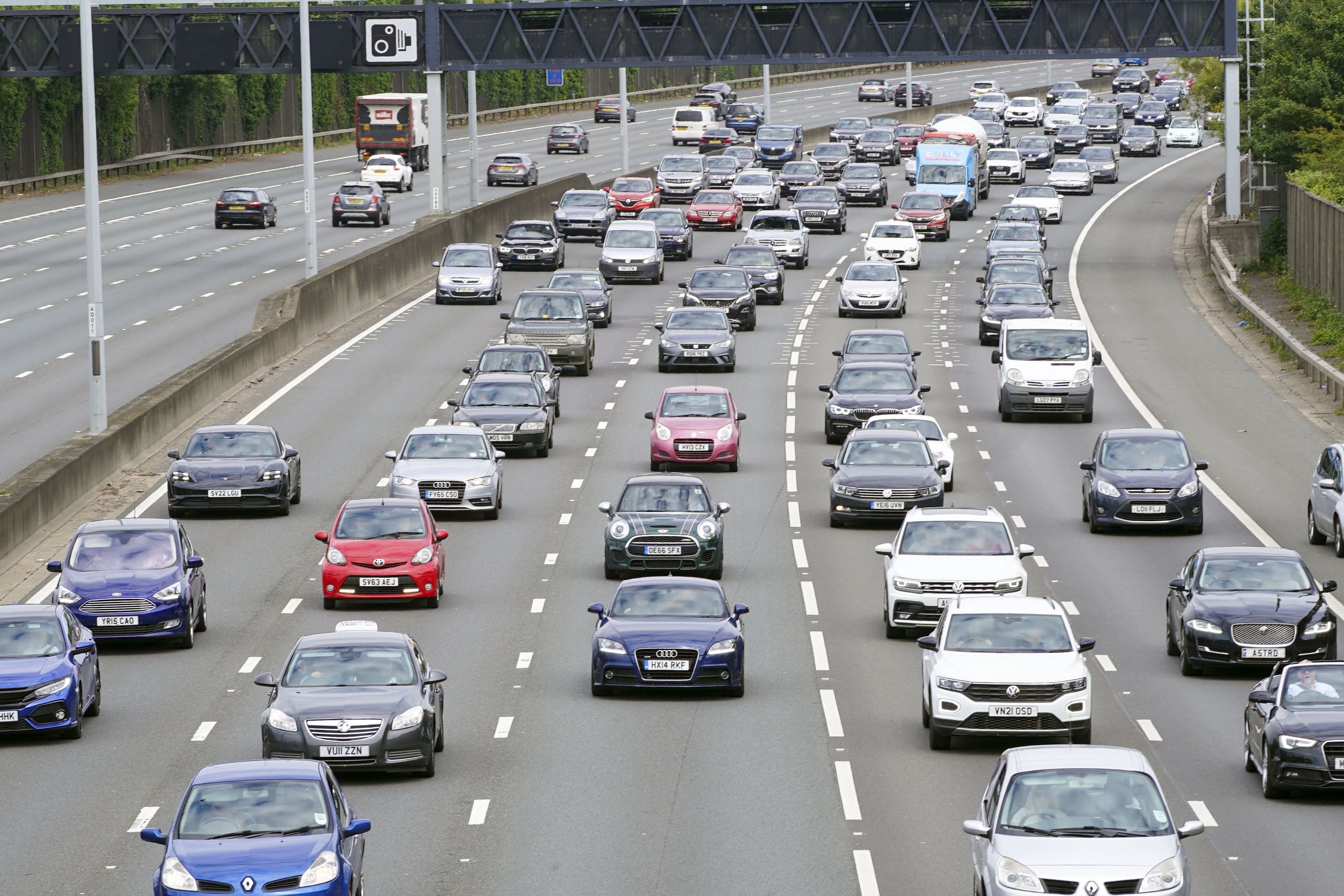Labour pledges to reinstate 2030 ban on new petrol and diesel cars
The party included the commitment in its manifesto, stating that this would provide ‘certainty to manufacturers’.

Labour has pledged to reinstate the 2030 ban on new petrol and diesel cars if it wins the General Election.
The party included the commitment in its manifesto, claiming this would provide “certainty to manufacturers”.
The move would reverse the decision of Prime Minister Rishi Sunak in September last year to delay the ban on the sale of new petrol and diesel cars and vans in the UK from 2030 to 2035.
Labour said it would “support the transition to electric vehicles” by accelerating the roll out of chargepoints.
Restoring the phase-out date of 2030 for new cars with internal combustion engines
It also committed to help used car buyers switch to electric motoring by “standardising the information supplied on the condition of batteries”.
Recent analysis shows drivers face a lack of affordable used electric cars.
Earlier this month, Auto Trader said that just 10,000 of the used electric options on its UK-wide online vehicle marketplace cost under £15,000.
That is compared with 350,000 used petrol or diesel cars in the same price bracket.
AA president Edmund King said: “The AA supported the original zero emission new car sales deadline of 2030 as ‘challenging but ambitious’.
“Reintroducing the 2030 deadline would enable us to maintain momentum on the net zero transition and improve our chances of delivering the UK’s net zero ambition.
“But drivers will need to be supported with the right incentives – and reassured that we’ve made significant progress on infrastructure – to make the shift possible.”
RAC head of policy Simon Williams said: “It remains the case that electric vehicles are still far too expensive for a majority of drivers.
“The next government has a great opportunity to stimulate demand by reintroducing a plug-in car grant aimed at the cheaper end of the market.”
Mike Hawes, chief executive of the Society of Motor Manufacturers and Traders, said: “The EV market has grown rapidly but concerns over affordability and charging accessibility remain significant barriers.
“Consumers need carrots not sticks, and whatever the trajectory set by any government, a fair and fast transition will depend on the provision of compelling enablers for all drivers and operators as well as mandated targets for a nationwide charging infrastructure for all road transport.”
Auto Trader commercial director Ian Plummer said: “We would welcome the restoration of the 2030 date change in regards to the ban on new petrol and diesel sales.
“Manufacturers and broader industry are already working towards this date following the zero emission vehicle (Zev) mandate that the Government announced last year, so it makes sense to align consumer expectations.”
Under the Zev mandate, at least 22% of new cars and 10% of new vans sold by each manufacturer in the UK in 2024 is required to be zero emission, which in most cases means pure electric.
The threshold will rise annually.